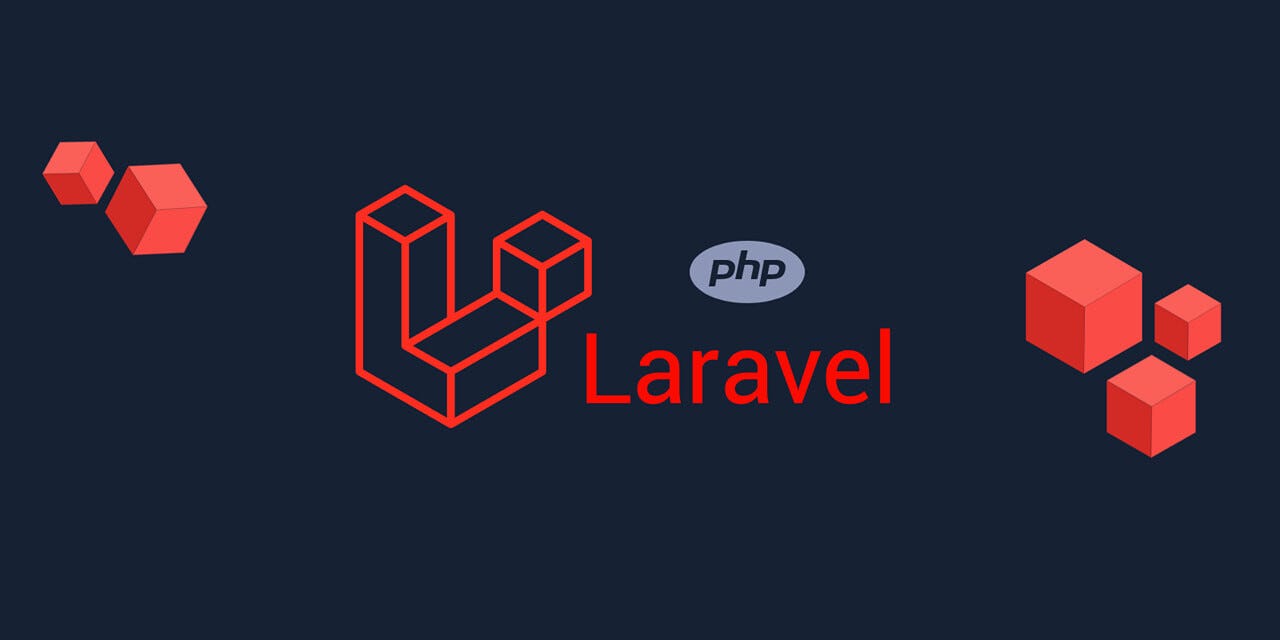Introduction
In today’s competitive job market, hiring the right Laravel Developer is crucial for businesses looking to build robust web applications. Whether you’re a company like Logix Built Solutions Pvt Ltd or a business searching to Hire Laravel Developer, finding the right talent requires a strategic approach. This guide provides a comprehensive list of Laravel Developer interview questions and answers, helping recruiters and candidates prepare effectively.
Basic Laravel Developer Interview Questions
1. What is Laravel?
Answer: Laravel is an open-source PHP framework designed to make web application development easier and more efficient. It follows the Model-View-Controller (MVC) architecture and provides built-in functionalities such as authentication, routing, sessions, and caching.
2. What are the key features of Laravel?
Answer: Laravel offers several powerful features, including:
- Eloquent ORM for database management
- Blade Templating Engine for dynamic front-end development
- Artisan CLI for command-line operations
- Middleware and Routing for flexible application structure
- Security Features like CSRF protection and hashed passwords
3. What are Service Providers in Laravel?
Answer: Service providers are central to Laravel’s bootstrapping process. They allow developers to bind classes into the service container, register event listeners, or define application configurations.
Intermediate Laravel Developer Interview Questions
4. Explain Middleware in Laravel and its types.
Answer: Middleware in Laravel provides a way to filter HTTP requests before they reach the application. Common types of middleware include:
- Authentication Middleware: Ensures users are logged in before accessing certain routes.
- CORS Middleware: Controls access from different domains.
- Logging Middleware: Tracks requests for debugging purposes.
5. What is Eloquent ORM, and how does it work?
Answer: Eloquent ORM is Laravel’s built-in Object Relational Mapper (ORM) that allows developers to interact with databases using an intuitive Active Record syntax rather than raw SQL queries. It simplifies database management with relationships like one-to-one, one-to-many, and many-to-many.
6. How do you handle authentication in Laravel?
Answer: Laravel provides Laravel Breeze, Jetstream, and Sanctum for authentication. The framework also comes with a built-in authentication system where developers can use the Auth facade to manage login and registration processes.
Advanced Laravel Developer Interview Questions
7. What is the difference between Laravel Queues and Events?
Answer:
- Queues handle tasks asynchronously, improving application performance by offloading time-consuming processes.
- Events provide a mechanism to trigger notifications or other actions when something significant happens in the application.
8. How do you optimize a Laravel application for performance?
Answer: Laravel applications can be optimized using:
- Caching Mechanisms: Redis, Memcached, and file caching
- Route Caching: Using
php artisan route:cache - Query Optimization: Using Eager Loading instead of Lazy Loading
- Minifying Assets: Compressing JavaScript, CSS, and images
- Database Indexing: Improving query response time
9. What is Laravel Horizon, and when should it be used?
Answer: Laravel Horizon is a dashboard for monitoring and managing Laravel queues. It provides insights into queue performance, failed jobs, and retry mechanisms. It is useful for applications with high background task loads.
10. How does Laravel handle API development?
Answer: Laravel offers Laravel Sanctum and Laravel Passport for API authentication. APIs are built using Resource Controllers, JSON responses, and middleware for security.
Laravel and AWS Integration Questions
11. How can you deploy a Laravel application on AWS?
Answer: To deploy a Laravel application on AWS, developers often use Amazon EC2, AWS Elastic Beanstalk, or AWS Lambda for serverless applications. The deployment process includes:
- Configuring AWS RDS for database management
- Setting up S3 for storage
- Using AWS CloudFront for content delivery
12. What is AWS Lambda, and how can it be used with Laravel?
Answer: AWS Lambda is a serverless computing service that allows running Laravel jobs without managing infrastructure. It is useful for event-driven functions, such as image processing or scheduled tasks.
Why Hire Remote AWS Developers for Laravel Projects?
Many companies choose to hire remote AWS developers to optimize their Laravel applications in the cloud. Remote developers provide:
- Cost-effective solutions by reducing infrastructure expenses
- 24/7 availability across different time zones
- Scalability with cloud-based solutions
Conclusion
Mastering Laravel requires expertise in both fundamental and advanced topics. Whether you’re looking to Hire Laravel Developer or preparing for an interview, understanding these core concepts is essential. If you’re a company like Logix Built Solutions Pvt Ltd looking for skilled professionals, ensure your candidates can demonstrate deep Laravel knowledge.









